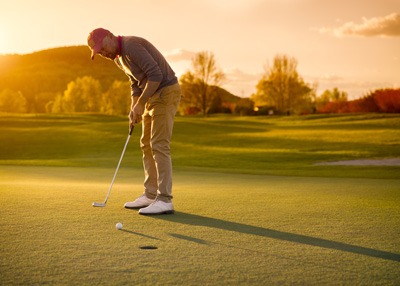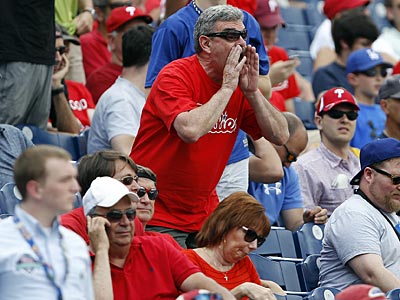Mental Skills Need Practice

Hockey – Be More Aggressive
August 29, 2016
Performance Plateau = Frustration
September 7, 2016MENTAL SKILLS NEED PRACTICE JUST LIKE PHYSICAL SKILLS
We can all agree that in order for physical skills to improve it takes practice. When an athlete is taught a new skill, they practice it over and over until the are proficient at it. Through that repetitive practice process they develop and fine tune their ability to execute that skill. When it comes to the mental game, the same principles apply. Even though many athletes and coaches are aware of and maybe even learn some mental toughness techniques, all in all very little time is spent developing and fine tuning skill. If you look at a pitcher learning to throw a new pitch such as a curveball. It takes hours of instruction and practice to be able to throw that pitch. After that it can take thousands of repetitions to be able to throw that pitch with a consistent degree of accuracy and proficiency.
One technique used to help develop mental toughness is visualization also known as mental practice or imagery. An excerpt from chapter 4 in the book Exploring Sport and Exercise Psychology (3rd ed.) published by the American Psychological Association states the following " We believe in the power of imagery and its value as a psychological skill in enhancing sport performance. As we discuss in this chapter, research has clearly demonstrated the effectiveness of imagery as a sport psychological change mechanism. However, many well-meaning athletes assume that psychological skills such as imagery can be developed overnight to produce immediate performance improvements. When the expected results are not achieved, athletes may falsely conclude that imagery does not work. Other athletes do not fully understand what imagery is or how it can help them achieve their goals. They never truly commit to an imagery training program, and as a result they fail to gain performance benefits. This is why it is valuable for coaches to ensure that their teams understand what imagery is and how it can be used to enhance sport performance." This clearly shows that successful outcomes require that the techniques must be practiced for the results to be achieved.
A common problem that exists in youth sports is that very few people teach or use mental toughness training to improve the mental game of their sport. When an athlete is young is the best time to begin developing those mental toughness skills. Everyone knows an athlete that began playing their sport at a very young age and by the time they are older they are usually very proficient in the sport. The same principle applies to mental toughness. Can you imagine how good that athlete would be if they would have been developing their mental toughness skills at the same time?
If you are considering mental toughness training for yourself, your child or an athlete that you coach, the earlier you start the better. These techniques work great with all athletes but years of mental practice makes fine tuned mental skills. I can work with very young athletes and have tremendous success. We all know how quickly youngsters pick things up!! The techniques used are different for younger athletes but the principles of mental toughness are exactly the same as with teen or adult athletes: Performance = Potential - Interference. Give yourself or your athlete an edge up on their competition and start their mental toughness training early.
Send me an email now while you have questions on your mind so I can get you the answers you need, then we get you or your player started on getting their game to the next level.
Ken Ansell - Your Mental Toughness Trainer
306-525-0007


